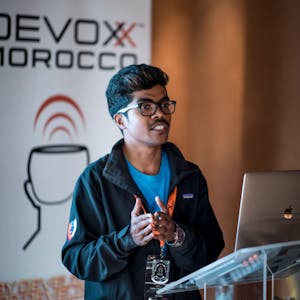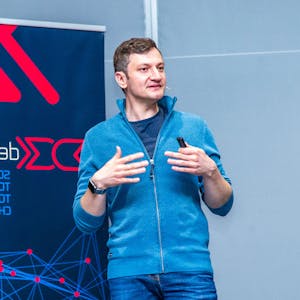145 min
Master JavaScript Patterns
Top Content
Workshop
During this workshop, participants will review the essential JavaScript patterns that every developer should know. Through hands-on exercises, real-world examples, and interactive discussions, attendees will deepen their understanding of best practices for organizing code, solving common challenges, and designing scalable architectures. By the end of the workshop, participants will gain newfound confidence in their ability to write high-quality JavaScript code that stands the test of time.
Points Covered:
1. Introduction to JavaScript Patterns2. Foundational Patterns3. Object Creation Patterns4. Behavioral Patterns5. Architectural Patterns6. Hands-On Exercises and Case Studies
How It Will Help Developers:
- Gain a deep understanding of JavaScript patterns and their applications in real-world scenarios- Learn best practices for organizing code, solving common challenges, and designing scalable architectures- Enhance problem-solving skills and code readability- Improve collaboration and communication within development teams- Accelerate career growth and opportunities for advancement in the software industry
Points Covered:
1. Introduction to JavaScript Patterns2. Foundational Patterns3. Object Creation Patterns4. Behavioral Patterns5. Architectural Patterns6. Hands-On Exercises and Case Studies
How It Will Help Developers:
- Gain a deep understanding of JavaScript patterns and their applications in real-world scenarios- Learn best practices for organizing code, solving common challenges, and designing scalable architectures- Enhance problem-solving skills and code readability- Improve collaboration and communication within development teams- Accelerate career growth and opportunities for advancement in the software industry





































































